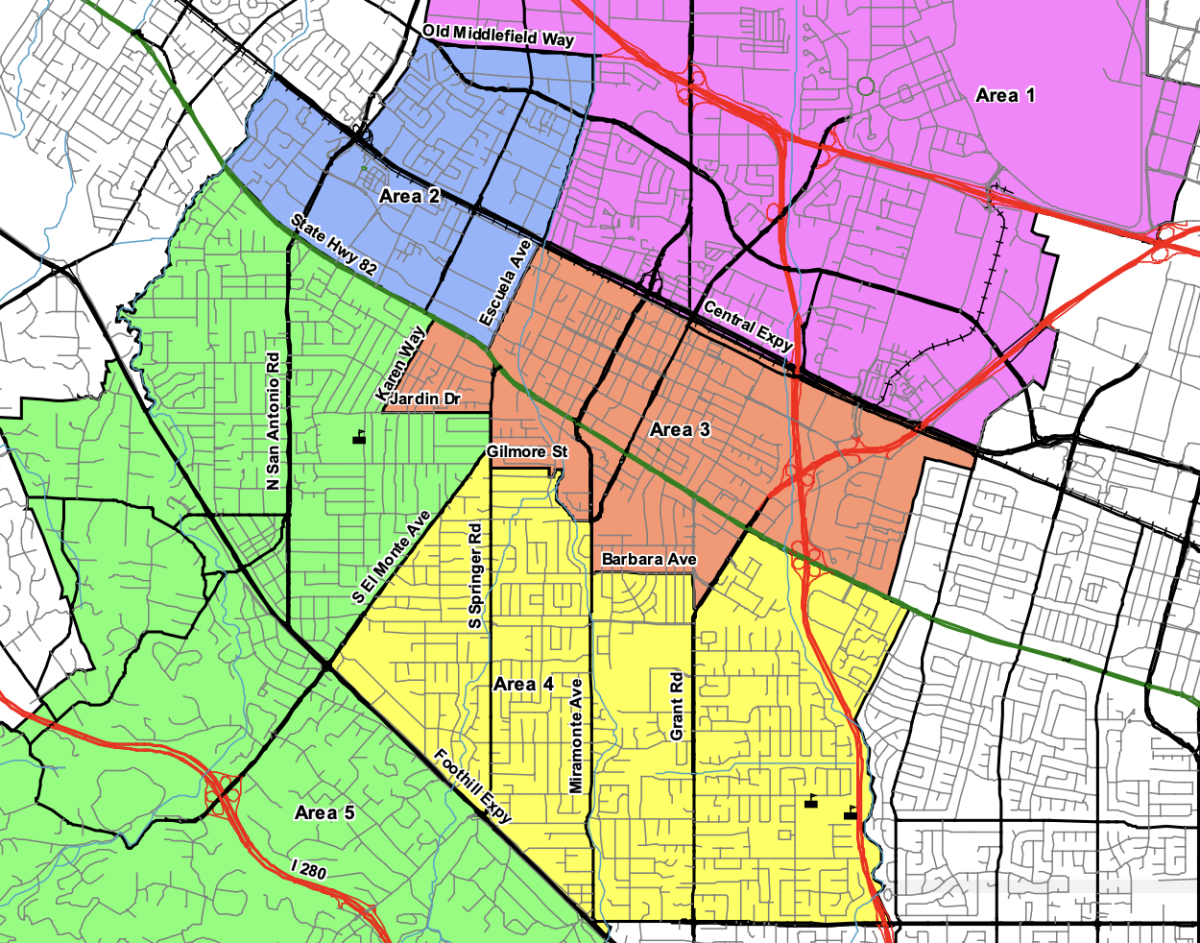MOST Americans who lose their jobs these days are able to find new ones quickly. But those who do not are likely to remain unemployed for a long time. In some other industrialized countries, long-term unemployment has risen to record levels, even as overall unemployment has begun to decline.
“This is a major source of concern,” said Stefano Scarpetta, the director for employment, labor and social affairs at the Organization for Economic Cooperation and Development, whose members are 34 mostly developed countries. “For people who have been out for a long time, it becomes very difficult to get back into jobs. People lose motivation. They lose employment skills.”
In the United States, as can be seen in the accompanying charts, the percentage of the labor force that has been out of work for more than a year — and is still seeking employment — is down to 1.9 percent from a peak of 3 percent reached in 2010. But that proportion is still higher than at any time before 2009. (The data goes back to 1948.)
More than a quarter of the unemployed workers in the United States say they have been out of work for at least a year, and that does not count those who have given up looking, since they are no longer counted as unemployed. That is down from nearly a third at the peak of the recession, but far higher than it had ever been before the recession that began in 2007.
The United States figures on long-term unemployment, while bad by precrisis levels, are actually better than in many other countries. For the euro zone countries, nearly half of those who were unemployed in the second quarter of this year had been out of work for at least a year. In Greece, the figure was 65 percent. Even in prosperous Germany, the figure was 45 percent. In Britain, it was 37 percent.
For 32 O.E.C.D. countries — data for Chile and South Korea was not available — the overall figure was 36 percent.
Of the countries shown in the charts, only Canada, Australia, Turkey and Norway have a lower proportion of unemployed people who have been out of work for a year or more.
Mr. Scarpetta, whose organization prepared the figures, said governments needed to concentrate their efforts. “Acting quickly is important,” he said. “If you have a large pool of long-term unemployed, you should focus on them.”
He pointed to the rising number of people under the age of 25 who are not in employment, education or training — called Neets by the O.E.C.D. In the United States, in the final quarter of last year, 15 percent of youths were in that group, up from 12 percent in the same period of 2007. In Italy, the figure was 21.4 percent, but it was just 7.6 percent in Germany.
By contrast, the short-term unemployment rate — the proportion of the work force that has been out of work for four weeks or less — is now 1.7 percent in the United States. That is only a little above the record low of 1.5 percent set in 2007, and lower than any such monthly rate reached between 1953 and 2004.
There are now more people who have been out of work for a year than there are who have been out of work for four weeks or less. Until 2009, that had not happened since World War II. At the worst point after the 2001 recession, more than 30 percent of the unemployed had been out of work for less than a month, at least twice the number who had been out of work for a year.
In the United States, and many other countries, there is now what amounts to a two-tier employment system. For most people, unemployment is likely to be brief, if it happens at all. But for a significant number of people, unemployment is anything but a temporary problem.








